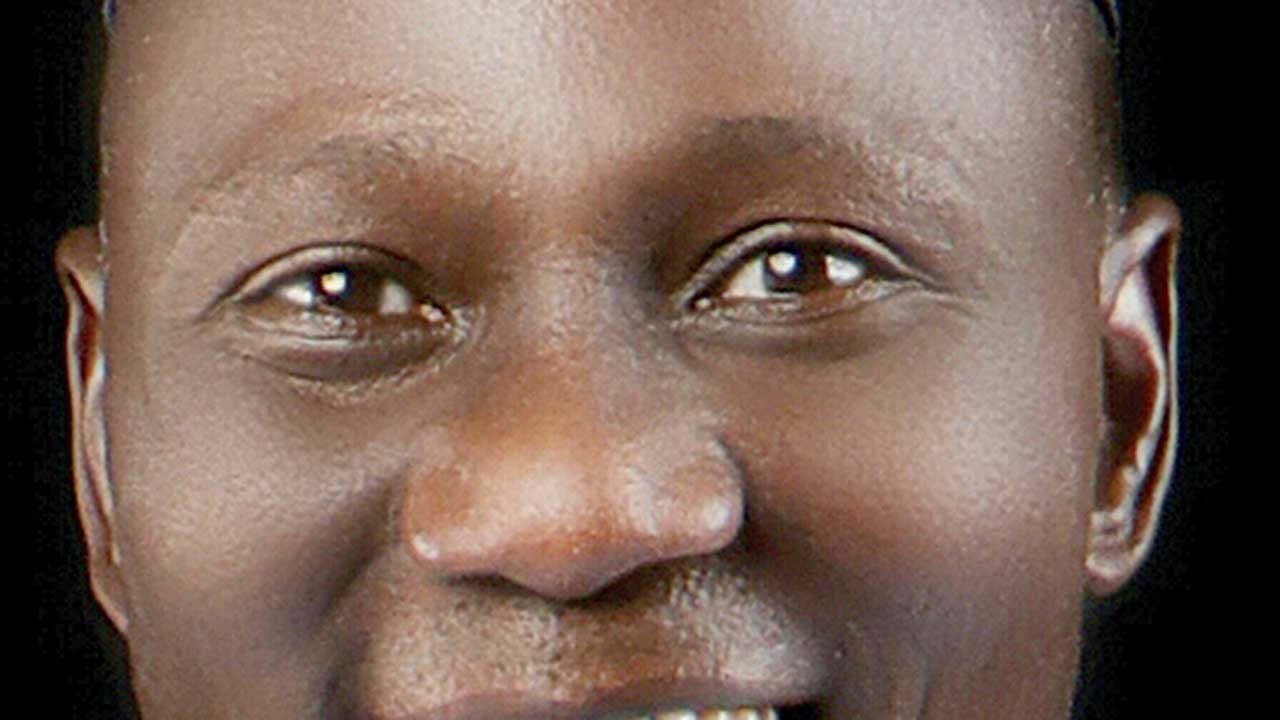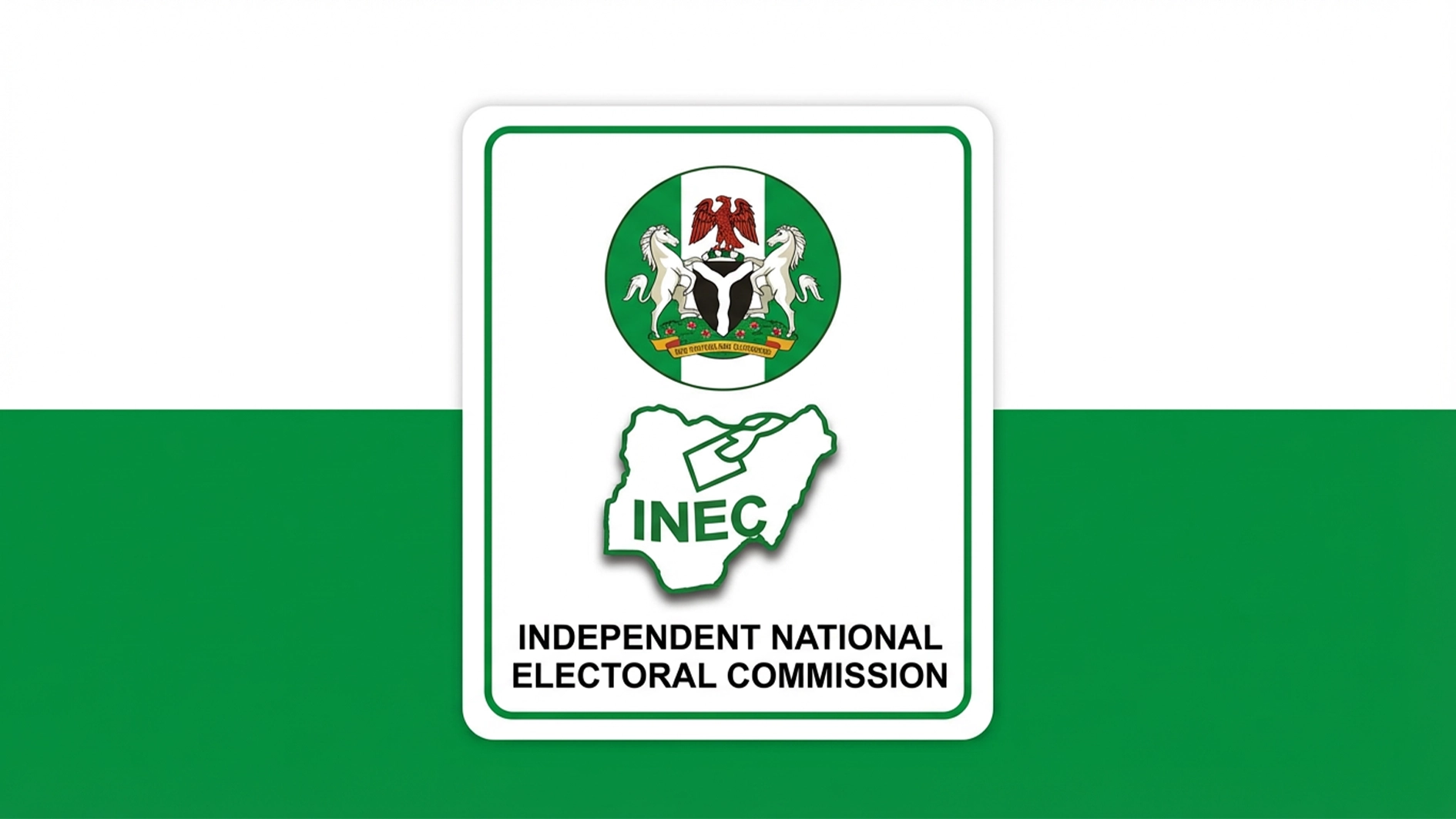
National President of the Afenifere Renewal Group (ARG), and chieftain of the ruling All Progressives Congress (APC) Wale Oshun, in this interview with KEHINDE OLATUNJI, spoke on why the Lagos State House of Assembly’s decision on its former Speaker is final. He also said that Nigeria may not achieve its dream unless the1999 Constitution is reworked.
What is your take on the controversy trailing the removal of Mudashiru Obasa as Speaker of Lagos Assembly?
The legislative arm of government is one of the three main pillars; you have the legislature, executive, and judiciary. The basic assumption in any democracy is that the three arms of government are independent of one another, even in their interdependence. The Assembly has met to take a decision, they are not to be stampeded by anybody.
In doing so, you have more than two-thirds of members who made that decision. Although Obasa complained about the process leading to his removal, the most important thing is that two-thirds of his colleagues made that decision. When more than two-thirds now say they don’t want you to lead them, talking about the process is immaterial. You need the confidence of each member, and if two-thirds of them say, for whatever reason, they would like to have a change, I think a gentleman and a democrat would respect that, whatever the mode of taking that decision.
Let us even leave the allegation of corruption aside, for the fact that more than two-thirds have voted to remove him or more than two-thirds of the members are saying, “We are tired of your leadership.” That is the implication. Forget about allegations, because when you talk about allegations in Nigeria, there are many things that can be brought up in politics. The most important thing is, are the lawmakers confident and do they approve of your leadership? If the two-thirds suddenly wake up to say, “We are tired of your leadership,” it is something to respect.
Despite complaints about how he led the 8th Assembly, are you not concerned about how he retained his seat until his colleagues removed him?
What you must know is that once the members of the House have agreed to elect him as Speaker of the House, forget about the pressure from outside. It is their decision, which they agreed upon, to forget if they had been influenced by anybody. I was a member of a legislative arm before, and the issue is that when we take a decision, it becomes our decision, no matter the external pressure that would have come. So, if they take the decision to have him, they also took the decision not to have him. You need to respect those feelings, whether they were cajoled into taking it or not, it is their decision, they took it, and have that right.
Do you share the sentiment that the removal of Obasa may have dire consequences on the unity of APC in the state considering the sentiment he belongs to, especially after the expulsion of former Minister of Internal Affairs, Ogbeni Rauf Aregbesola who is also known as a critical stakeholder in Lagos West politics?
APC communicates with itself. There is always a feedback mechanism within the party, which is highly respected. For me, what is important is that within the party, whether you talk about the selection process of candidates, there is always a communication mechanism. Talking about factions, there is no political party that does not have its ups and downs. There would always be interests that have to be contested and resolved one way or the other. Because political parties are governed by human beings, there must always be interests, but at the end of the day, they would be resolved. Ultimately, there is always recognition of group interests that serve the majority. You would always find people making decisions, saying, ‘This is not the way to go, this is the way to go.’ APC would always protect itself and make the best decisions.
Aregbesola is in Osun State, and I am in Lagos State, but the truth is that he has been a good leader in the party. I don’t know what is happening in Osun State, as I don’t have the capacity to monitor events there. However, I am confident that the crisis will eventually be resolved to the benefit of the party and all contestants in Osun. For me, one thing is crucial, we will always need each other. Aregbesola is a founding member of APC and has been deeply involved in the party’s politics.
I wish that party elders in Osun and across the country would sit down and resolve the issues for the benefit of all personnel and group interests. As an individual, I still believe that leaders must sit down and resolve the matter. Aregbesola has been a strong member of the political system, and his interests over the years have been to the overall benefit of the party.
But many people are surprised that the disagreement between him and President Bola Tinubu has dragged on for so long. Did this come as a surprise to you?
However, the interesting thing is that Aregbesola and Tinubu are like five and six.
Do you mean before or now?
The interesting thing is that the tongue and the mouth bite one another, but they are still together. If there is a little difference, it is not for us outsiders to pour fuel on it, it is left for them to resolve. It will be resolved. I still confidently believe they are like five and six, because when you look at the relationship that was built in the past, it is what scientists would call a visceral one. I believe it will be resolved. That is why there must be less intervention from those who do not know the story and where they are coming from. The tongue and teeth confront each other and still work in accord. For me, there is no end to such a relationship, you can only clash with each other like the tongue and teeth, but they can continue to work together.
But it’s been more than four or five years now, and they have not been able to resolve it. Don’t you agree with observers that there is a need for intervention from a third party to resolve the dispute?
There are a lot of misinterpretations in the public space that people rarely see. I do know that their relationship is like tongue and teeth – they work together.
What is your take on President Tinubu’s economic reforms, particularly the allegation trailing the subsidy management for two decades? I mean allegations of unlawful payments, a cartel that was taking advantage of the system. There is absolutely no way any serious government would just look on and allow the subsidy mismanagement to continue.
Now that the subsidy is gone, there is huge increase in revenue. What is the government doing with the money?
We tend to focus heavily on the federal government, but it’s the local and state governments that make decisions affecting us the most. So, it’s essential to examine how this money, meant for public interest, is being used judiciously across all levels in Nigeria. In fact, there’s been talk of reworking the Constitution to limit the federal government’s involvement to key areas like currency management, defense, security, scientific research, and education.
The federating units should handle tasks such as building universities and secondary schools, with the federal government setting the standards. With the subsidy removal, the extra funds are still being distributed according to the Constitution, resulting in more money for all tiers of government. However, the crucial question remains, how is this money being utilised? That’s where our focus should be.
But despite being an advocate of restructuring for years, President Bola Tinubu appears not to be interested in a new Constitution or reworking the one we have. How will you react to this?
One thing I know is that Nigeria, as presently constituted, can only survive when the Constitution is reworked, otherwise, we are postponing the doom day. When the Constitution is reworked, it would solve a lot of things. Most people in public office would say, ‘Let’s buy time,’ but if the Constitution is not reworked to allow all federating units to have more control over their resources and pay agreed-upon taxes to the federal government, we may not get out of our troubles. For instance, if security at the policing level is not shared, we would just be wasting our time, talking, and blaming each other; we wouldn’t move forward.
Is that the problem of Nigeria?
That is the problem. I mean the problem of control. We have not been able to manage our diversity. This is a big country with diverse cultures and religions, comprising people with different habits and values. Each federating unit would have to be managed based on its own unique perception of who they are.






